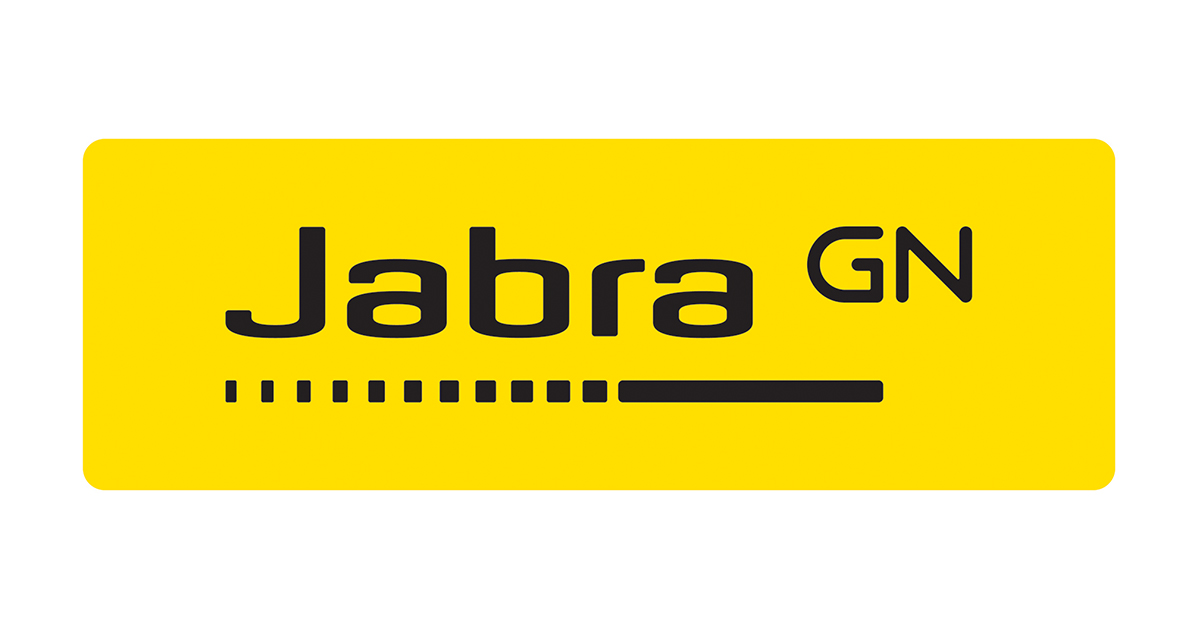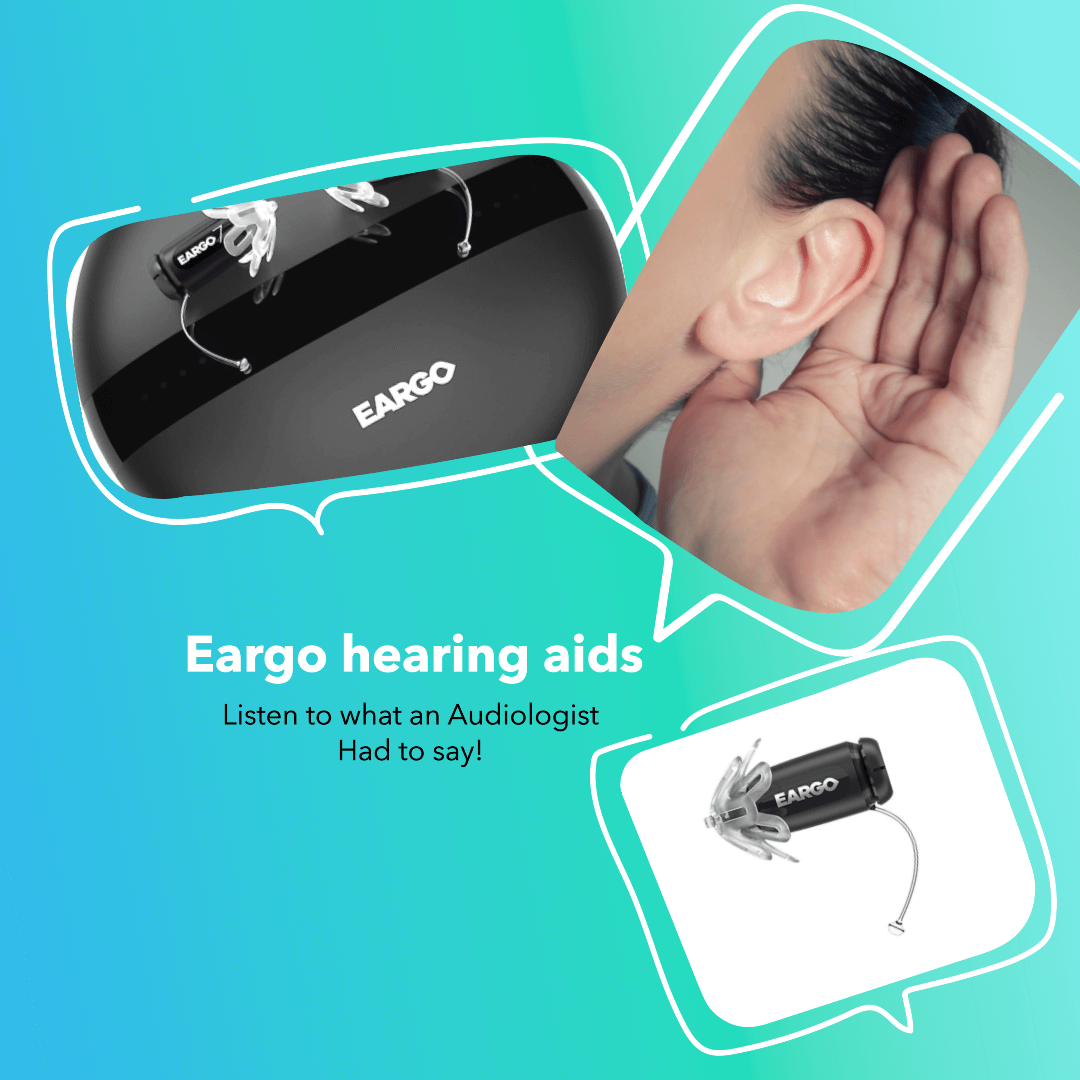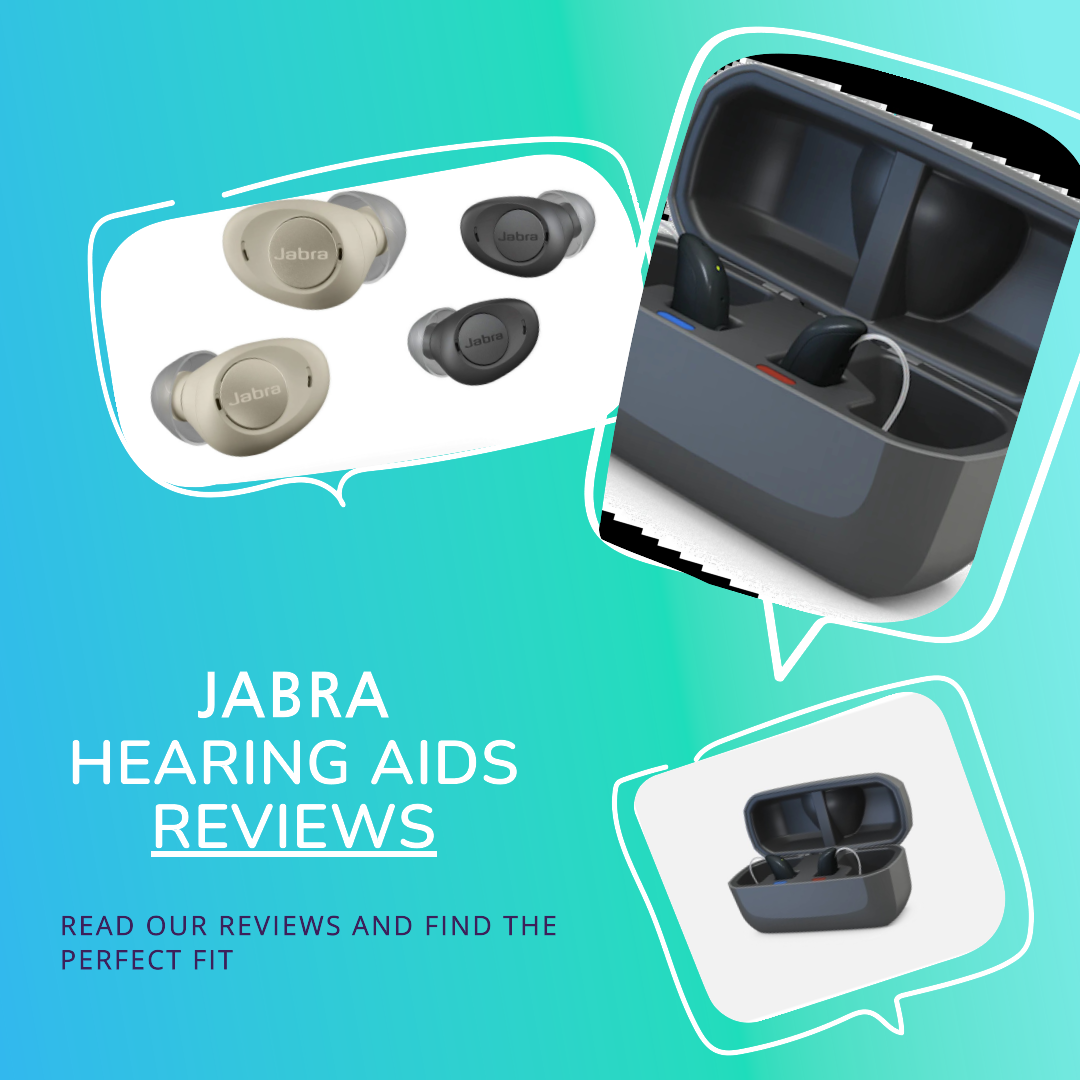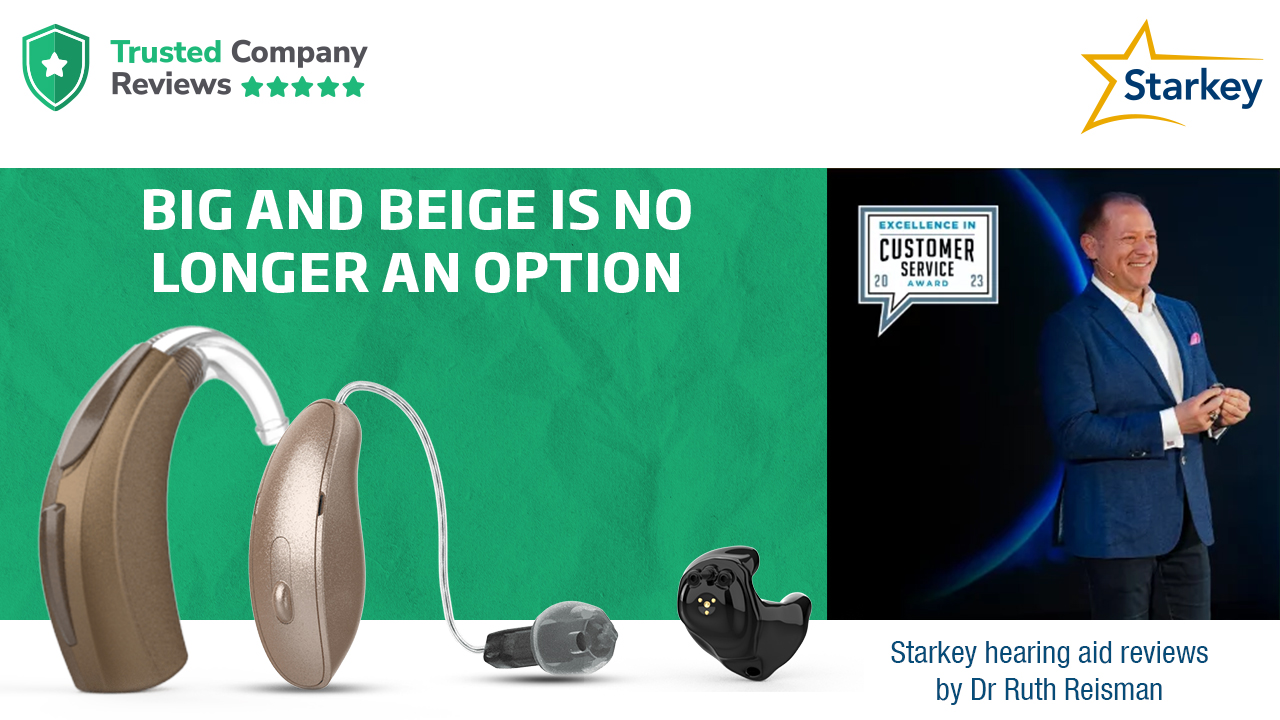Trustedcompanyreviews.com offers free content, reviews and ratings for consumers to read, aimed at helping them compare their options. We may receive advertising compensation from companies featured on our website, influencing the positioning and sequence in which brands (and/or their products) are displayed, as well as affecting the assigned ratings. Please note that the inclusion of company listings on this page does not constitute an endorsement. We do not feature all available providers in the market. With the exception of what is explicitly outlined in our Terms of Service, we disclaim all representations and warranties regarding the information presented on this page. The details, including pricing, displayed on this site may undergo changes at any time.
Best Hearing Aids For Seniors with Tinnitus (& Most Affordable)
What are the best hearing aids for seniors with tinnitus? Invisible Eargo hearing aids received the top rating for 2023, but newer brands like EleHear offer clinically proven, AI-powered tinnitus relief at a more affordable price. EleHear uses artificial intelligence to filter out the unwanted sounds caused by tinnitus. Seniors on a budget should consider the EleHear Alpha Pros, on sale for 40% off now.
Are you one of the 12 to 15% of seniors over the age of 65 who experience constant buzzing and ringing in their ears? That’s tinnitus. So if you’re experiencing it, know that you’re not alone. Even celebrities like Sylvester Stallone, Halle Berry, and Rush Limbaugh have tinnitus.
Hearing aids for seniors with tinnitus can alleviate these annoying symptoms and improve your ability to communicate with loved ones. Dr. Reisman, a leading expert on tinnitus and hearing aids, will educate you about the benefits of hearing aids for tinnitus, the various types of hearing aids available, and how to select the one that best fits your needs.(1)
Why trust Trusted Company Reviews
- Comprehensive review rating system.
- We work closely with consumers and experts to create editorial ratings.
Trusted Company Reviews #1 Pick for 2024

- Excellent customer reviews
- Eargo 7– OTC self-fitting hearing aids
- Up to 16 hours on a single charge
Why we love it 💖
Free 45-day return policy and 2-year warranty
Our Highest Rated Hearing Aids Companies


- Excellent customer reviews
- Eargo 7– OTC self-fitting hearing aids
- Advanced technology to amplify and enhance sound
- Rechargeable batteries, eliminating the need for disposable batteries
- Employ feedback cancellation algorithms to minimize feedback
- Up to 16 hours on a single charge
- Free 45-day return policy and 2-year warranty
- Eargo hearing aids cost as low as $49 per month
- Get a Free Sample of Eargo invisible hearing aids

- Excellent customer reviews
- Switch between hearing aid and Bluetooth headset
- Small and barely noticeable
- Eliminates buzzing and whistling sounds
- 20-hour battery life on a single charge
- Offers Free online hearing tests
- Currently on sale for $599, from $99

- More affordable than traditional hearing aids
- Bluetooth streaming options available
- Flexibility for the patient to optimize the tinnitus sound generator
- Average customer review rating at the BBB is 4/5 stars

- Proven to help manage tinnitus in patients
- Cutting-edge technology into their hearing aids
- High level of customization and personalization
- Designed with user comfort in mind
- Known for their reliability and durability

- Include features such as fall detection and alerts
- Offers a wide range of hearing aids
- Come with wireless connectivity options
- Have feedback cancellation systems
- Have built-in tinnitus management features

- Cutting-edge technology and continuous innovation
- Come with user-friendly features
- Incorporate advanced speech enhancement and noise reduction technologies
- Designed with user comfort in mind
Are cheap hearing aids worth buying?
Hearing aids can range from a few hundred to thousands of dollars. Are there cheap over-the-counter (OTC) hearing aids for severe hearing loss? We hear this question a lot at the office.
It just so happens that high-quality and affordable hearing aids and hearing amplifiers are available in 2023 for under $500 per pair or through a low monthly payment. For example, the newest Eargo 7 hearing aids (also best-rated for seniors with tinnitus) can be purchased for under $100 monthly.
Eargo 7 hearing aids are not the cheapest on the market, but they offer the best value for money in terms of performance and features. They are nearly invisible and provide the highest level of hearing aid performance available.
Eargo also offers a FREE Sample of this top-rated hearing aid.
Most Affordable Hearing Aids for Seniors
- For seniors with mild to moderate hearing loss who are looking for high quality and affordable hearing aids, the Fisdemo L Bluetooth Hearing Aids are your best option. They are the most affordable hearing aid on this list, currently on sale for $289 (normally sold for $899). The Fisdemo L Bluetooth Hearing Aids offer 50% more noise reduction, play music, and make phone calls.
- The Noise Reduction Otofonix APEX Hearing Aid is another high-quality hearing aid, with excellent customer reviews and is one of the most affordable hearing aids. Otofonix also offers refurbished hearing aids for under $300 that are like new but cost much less!
- For only $499, EleHear’s Alpha Pro is the first AI Over-the-counter (OTC) hearing aid on the market. This innovative hearing solution costs $999 but currently sells at $499.
Types of Hearing Loss and Devices
Understanding the different types of hearing loss and the devices available to address them is crucial in finding the appropriate solutions.
This next section will explore the main types of hearing loss and the devices used to enhance hearing: hearing amplifiers and hearing aids.
Sensorineural Hearing Loss
Sensorineural hearing loss is the most common type of hearing loss, affecting 1 in 7 people over the age of 65. It is caused by damage to the inner ear or the nerve pathways from the inner ear to the brain. Sensorineural hearing loss can be mild, moderate, or severe.
Hearing amplifiers are not suitable for people with sensorineural hearing loss. Hearing aids, on the other hand, are specifically designed to amplify and clarify sounds for people with sensorineural hearing loss. Hearing aids are available in a variety of styles and technologies, ranging from basic to advanced features such as noise reduction and artificial intelligence.
Seniors with Mild Hearing Loss
Mild hearing loss is common in older adults, with 41% of people over the age of 80 experiencing it. Mild hearing loss can make it difficult to hear soft or faint sounds, especially in noisy environments.
Hearing aids can be beneficial for people with mild hearing loss. Hearing aids can amplify sound and make it easier to hear in noisy environments. Hearing aids can also improve speech clarity and reduce listening fatigue.
Moderate Hearing Loss
Moderate hearing loss can make it difficult to follow conversations, especially in noisy environments. People with moderate hearing loss may also miss out on important details and feel fatigued from straining to hear.
Hearing aids are the best solution for people with moderate hearing loss. Hearing aids can amplify sound, improve speech clarity, and reduce listening fatigue. Hearing aids can also help people with moderate hearing loss to participate more fully in activities that rely on effective communication.
Severe Hearing Loss
Severe hearing loss can make it difficult to hear and understand speech, even with the use of a hearing aid. People with severe hearing loss may also experience social isolation and frustration due to their communication challenges.
Hearing aids are the best option for people with severe hearing loss. Hearing aids can amplify sound and improve speech clarity. Hearing aids can also help people with severe hearing loss to participate more fully in activities that rely on effective communication.
Hearing Amplifier vs. Hearing Aid for Seniors
Hearing amplifiers are not a substitute for hearing aids. Hearing amplifiers are over-the-counter devices that are not designed to treat hearing loss. Hearing amplifiers can amplify all sounds, including background noise, rather than specific frequencies. Hearing amplifiers also lack advanced features such as noise reduction and artificial intelligence.
Hearing aids are medical devices that are regulated by the FDA. Hearing aids are customized to an individual’s specific hearing loss pattern and are prescribed and fitted by an audiologist. Hearing aids use advanced technology to amplify and clarify sounds in various environments. Hearing aids are also designed to address different levels of hearing loss, from mild to profound, and can be adjusted to suit specific needs.
Which device should you choose: Hearing Amplifier or Hearing Aids?
Hearing amplifiers may be suitable for people with normal hearing ability who experience difficulty in specific situations, such as in noisy environments or when watching TV. However, hearing amplifiers are not appropriate for people with severe or profound hearing loss.
Hearing aids are the best solution for people with mild, moderate, or severe hearing loss. Hearing aids can effectively amplify sounds and improve speech clarity for people with different types and degrees of hearing loss. Hearing aids also offer advanced features such as noise reduction and artificial intelligence for improved sound quality and performance in diverse listening environments.
When choosing between a hearing amplifier and a hearing aid, it is important to consider the type and degree of hearing loss and the specific hearing challenges faced.
How to Diagnose Hearing Loss
- Consult with a licensed audiologist.
- EleHear offers seniors a free hearing test and consultation.
Top Hearing Aid For Tinnitus: Eargo

Best Invisible OTC Hearing Aid for Tinnitus
Eargo is a company that specializes in producing innovative and discreet hearing aids. While Eargo hearing aids are primarily designed to address mild to moderate hearing loss, they might offer some relief for individuals with tinnitus as well. Tinnitus is the perception of ringing or other noises in the ears, and it often accompanies hearing loss.
Eargo hearing aids is an OTC hearing aid that is known for their in-the-ear design and are intended to be comfortable and virtually invisible. Some users have reported that wearing hearing aids, including Eargo’s devices, can help mask or reduce the perception of tinnitus sounds by providing external auditory stimuli. The amplification of external sounds can sometimes make the internal tinnitus noises less noticeable.
Senior Discounts on Eargo Hearing Aids
- New Low Price! Save on Eargo 5
- New Low Price! Save on Eargo 6
- Shop Eargo 7 for $300 Off! Now through 4/17/2024.
However, it’s important to note that while hearing aids might provide relief for some individuals with tinnitus, they are not a guaranteed cure. Tinnitus can have various underlying causes, and its management can be complex.
Widex Hearing Aids for Tinnitus

Widex is a well-known manufacturer of hearing aids, and they offer a range of products designed to help people with hearing loss and tinnitus. Tinnitus is the perception of noise or ringing in the ears without any external sound source. While hearing aids cannot necessarily “cure” tinnitus, they can help manage its impact by providing sound therapy and improving overall hearing.
Widex has developed hearing aids with features specifically aimed at addressing tinnitus including:
Sound Therapy: Many Widex hearing aids include built-in sound therapy programs that play soothing sounds, such as white noise, ocean waves, or gentle melodies. These sounds can help mask the perception of tinnitus and make it less noticeable.
Tinnitus Management Programs: Widex offers hearing aids with dedicated tinnitus management programs that allow users to customize sound therapy according to their tinnitus frequency and intensity. This personalized approach can make the therapy more effective.
- Zen Therapy: Widex introduced a feature called “Zen Therapy,” which combines amplification with sound therapy. This feature provides a variety of sounds that help distract from the tinnitus and create a more balanced auditory experience.
- New Sound Relax: The Sound Relax feature by Widex aims to provide relief to individuals with tinnitus by playing soothing sounds or gentle background noise that can help mask or distract from the perceived tinnitus sounds.
Connectivity and Apps: Some Widex hearing aids can connect to smartphone apps that allow users to control and adjust their hearing aids, including the sound therapy features. This enables users to make real-time adjustments to their hearing aid settings based on their tinnitus needs.
Widex products are typically fitted and customized by audiologists or hearing care professionals. These professionals can help individuals with tinnitus find the right hearing aid model and settings to effectively manage their tinnitus symptoms
Top Hearing Aid For Tinnitus: Jabra

Best OTC Hearing Aid for Tinnitus
Jabra is the only direct-to-consumer OTC hearing aid that offers a formal tinnitus masker through the use of their Jabra Enhance application. Jabra Enhance Hearing Aids provide tinnitus relief through a Tinnitus Sound Generator that can be modified for volume, frequency shaping, white noise variation, and nature sounds. The Tinnitus Sound Generator within the application is controlled by the user and their sound preference. This makes Jabra Hearing Aids a great comprehensive solution for patients who suffer from both hearing loss and tinnitus.
Customizable Soundscapes: Jabra Hearing Aids offers customizable soundscapes that allow individuals to select and adjust sounds according to their specific tinnitus symptoms. This feature enables users to find the most soothing and relaxing sounds that can help mask or minimize the perception of tinnitus-related sounds. This is the ideal way to manage tinnitus in patients (1).
Top Hearing Aid For Tinnitus: Oticon
Best Hearing Aid for Tinnitus Masking
Oticon hearing aids have the option to have a tinnitus masker embedded in the original patient hearing program or have a secondary masking program. The patient does not need an application to access the feature; they can simply use the adjustment buttons on the hearing aid itself.
Sound Masking: Hearing aids with tinnitus support can generate soft, soothing sounds that help mask the perceived tinnitus sounds. This can make the tinnitus less noticeable and provide relief to the individual.
Sound Therapy: Some hearing aids offer customizable sound therapy programs that allow users to listen to different types of calming sounds, which can help retrain the brain’s response to tinnitus over time.
Amplification and Distraction: By amplifying external sounds, hearing aids can divert your attention away from the tinnitus sounds, reducing their impact on your perception.
Customization: Hearing professionals can often tailor the settings of the hearing aids to address the specific needs and preferences of individuals with tinnitus
Top Hearing Aid For Tinnitus: Starkey

Best Tinnitus Hearing Aid for Tinnitus with Artificial Intelligence
While hearing aids may not cure tinnitus, they can sometimes help manage its effects by providing external sounds that can mask or distract from the tinnitus sounds. Starkey’s hearing aids for tinnitus often incorporate features designed to help tinnitus sufferers.
If you’re searching for the best hearing aid for tinnitus, Starkey needs to be on your list.
Some of these features might include:
Tinnitus Masking: These hearing aids can play soothing sounds or white noise to help mask the tinnitus sounds. This can make the tinnitus less noticeable and more manageable.
Customizable Soundscapes: Some models allow users to customize the type and volume of the masking sounds, catering to individual preferences and tinnitus characteristics.
Sound Therapy: Some hearing aids come with built-in sound therapy programs that aim to desensitize the brain to the tinnitus sounds over time. These programs typically involve exposing the user to a variety of calming sounds.
If you’re looking for the best Bluetooth hearing aids for tinnitus, Starkey has solutions that fit that description. Starkey hearing aids with Bluetooth capabilities allow users to stream music, phone calls, or other audio content directly to their hearing aids, which can help redirect attention away from tinnitus.
Hearing Loss and Tinnitus
Hearing loss makes hearing difficult in various settings and is often paired with another primary symptom called Tinnitus. Tinnitus is a common auditory condition affecting millions of people worldwide and is characterized by a perception of sound without any external stimulus and is often described as a ringing, buzzing, or hissing sound in the ears (1). Hearing loss and tinnitus can result from a variety of factors, including exposure to loud noise, age-related hearing loss, earwax impaction, medications, or other underlying medical conditions.
Is there a Solution for Tinnitus?
Tinnitus solutions are widely sought out due to the disorder’s impact on an individual’s mental well-being, sleep disturbances, concentration difficulties, and increased stress levels. While there is no known cure for tinnitus, various management strategies have been developed to alleviate its impact on quality of life. One such strategy involves the use of Hearing Aids, which have gained attention for their potential benefits in managing hearing loss as well as tinnitus symptoms. In this article, we will explore the benefits of the Top 5 Hearing Aids for Tinnitus management.
Pros and Cons of Treating Tinnitus with Hearing Aids
Using hearing aids to treat tinnitus can be beneficial for some individuals, but there are also potential drawbacks to consider.. Hearing aids can sometimes help alleviate tinnitus by providing external sounds that can mask or distract from the internal tinnitus sounds. Here are some pros and cons of using hearing aids for tinnitus treatment:
Pros:
- Sound Amplification: Hearing aids amplify external sounds, which can help mask or drown out the internal tinnitus sounds. This can make the tinnitus less noticeable and bothersome.
- Sound Enrichment: Some hearing aids offer features that provide soothing background sounds, such as white noise, nature sounds, or music. These sounds can help divert attention from tinnitus and promote relaxation.
- Improved Communication: Hearing aids can improve overall hearing, making it easier to communicate in noisy environments. This can enhance the quality of life for individuals with both tinnitus and hearing loss.
- Customization: Many modern hearing aids have customizable settings that allow users to adjust the amplification and sound enrichment features to suit their specific tinnitus and hearing needs.
Cons:
- Limited Efficacy: While hearing aids can provide relief for some individuals, they do not work equally well for everyone with tinnitus. The effectiveness varies based on the type and severity of tinnitus and the individual’s response to sound therapy.
- Dependency: Relying solely on hearing aids for tinnitus relief might lead to a dependence on the external sounds they provide. This could potentially make the tinnitus seem more bothersome when the hearing aids are not in use.
- Financial Cost: Hearing aids can be expensive, and not everyone may have access to insurance coverage or financial resources to acquire them.
- Adjustment Period: Getting used to wearing hearing aids can take time. Some individuals might find the sensation uncomfortable initially, which could affect their willingness to continue using them.
- Management of Underlying Causes: Hearing aids primarily address the symptoms of tinnitus but may not directly target the underlying causes. If the tinnitus is due to an underlying medical condition, such as an ear infection or circulatory issue, it’s important to address that condition separately.
- Maintenance and Upkeep: Hearing aids require regular maintenance and cleaning. They also have a finite lifespan and may need to be replaced or repaired over time.
- Sound Sensitivity: Some individuals with tinnitus may be sensitive to loud sounds, and improperly adjusted hearing aids could exacerbate this sensitivity.
What Are the Different Types of Tinnitus
Tinnitus can be categorized into different types based on various factors, including its underlying causes, characteristics, and associated symptoms. Here are some common types of tinnitus:
- Subjective Tinnitus: This is the most common type of tinnitus and is only heard by the person experiencing it. It is often associated with sensorineural hearing loss and can have various underlying causes, such as noise exposure, age-related hearing loss, and certain medical conditions.
- Objective Tinnitus: This is a rarer form of tinnitus where the sound can be heard not just by the person experiencing it, but also by a healthcare provider during an examination. Objective tinnitus can be caused by vascular abnormalities, muscular contractions, or other physical factors.
- Pulsatile Tinnitus: In this type of tinnitus, the person perceives rhythmic pulsing or beating sounds that coincide with their heartbeat. Pulsatile tinnitus is often associated with blood flow changes, such as in cases of vascular anomalies, high blood pressure, or turbulent blood flow in the vessels near the ear.
- Non-Pulsatile Tinnitus: Unlike pulsatile tinnitus, non-pulsatile tinnitus does not have a rhythmic pattern that corresponds to the heartbeat. It is often associated with sensorineural hearing loss and can be caused by various factors, including noise exposure, age-related changes, and certain medical conditions.
- Musical Tinnitus (Musical Ear Syndrome): Some individuals with tinnitus report hearing musical or melodic sounds, often resembling familiar tunes or songs. This type of tinnitus is rare and its underlying mechanisms are not fully understood.
- Somatic Tinnitus: This type of tinnitus is influenced by movements or positions of the head, neck, or jaw. It may be related to muscle contractions, joint problems, or other somatic factors.
- Neurological Tinnitus: Neurological conditions, such as disorders affecting the auditory pathways in the brain, can lead to tinnitus. Examples include certain types of migraines and disorders of the auditory processing pathways.
- Objective Tinnitus: This is a very rare type of tinnitus that can be heard by an external observer, such as a healthcare professional. It is often caused by blood vessel disorders, muscular issues, or other physical abnormalities.
It’s important to note that tinnitus can have various underlying causes, and its classification can sometimes overlap.
Hearing Aids for Tinnitus Cost
The cost of hearing aids can vary widely based on several factors, including the brand, technology level, features, style, and where you purchase them. On average, hearing aids can range from a few hundred to several thousand dollars per device. Here are some general price ranges to give you an idea:
Basic Hearing Aids: These typically have fewer advanced features and might be more budget-friendly. Prices can range from $500 to $1,500 per device.
Mid-Range Hearing Aids: These offer a balance of features and technology. Prices can range from $1,500 to $3,000 per device.
Advanced Hearing Aids: These come with the latest technology, more advanced features, and better sound quality. Prices can range from $3,000 to $5,000 per device.
Other factors that can influence the cost of hearing aids for tinnitus:
Brand and Model: Well-known brands with a reputation for quality might be more expensive.
- Style: In-the-ear (ITE) or completely-in-the-canal (CIC) styles may be pricier than behind-the-ear (BTE) styles.
- Technology Level: Higher technology levels with features like noise reduction, Bluetooth connectivity, and adaptive settings can increase the cost.
- Professional Services: The cost might include fitting, adjustments, and follow-up appointments with an audiologist or hearing healthcare professional.
Warranty and Service: Some hearing aids have extended warranties and service packages, which can affect the overall cost.
It’s important to note that these are approximate price ranges and can vary significantly based on the factors mentioned earlier. Additionally, many people require two hearing aids for optimal hearing, which doubles the cost.
Best Hearing Aids for Tinnitus reviews
| Hearing Aid | Customer Review | Star Rating |
| Widex | I am very happy with my hearing aids, and as a result my husband and many of our friends and relatives are also lucky enough to be wearing Widex, too. I had tinnitus and was not able to distinguish between a few letters that sounded similar. I am happy to say that since wearing Widex hearing aids I no longer have those problems. | 5 |
| Jabra | I noticed a difference right away with my hearing. I was able to use the app on my phone to set the hearing aids to whatever situation I am in at the time and to use the tinnitus feature. They took a few weeks to get used to, to let my brain capture all the sounds and process what I haven’t been hearing for I don’t even know how long. | 4 |
| Oticon | I wanted to share an experience that highlighted additional value of my Oticon hearing aids. Unfortunately lost one recently out running errands, but where? The GPS “find my hearing aids” feature allowed me to track it down inside a very large grocery store, which was only 1 of several stops I had made that afternoon. Highly recommend these for sound quality and extra features (including tinnitus)! | 5 |
| Eargo | I grew up in the country, shooting extensively. As a result, I have moderate high frequency hearing loss and significant tinnitus as diagnosed by my ENT. I’m 64 now, and my hearing has grown worse over the years. I bought over-the-ear hearing aids years ago, but they are problematic because I wear glasses. I also wear a mask often because I’m susceptible to Covid (due to lung damage from pulmonary emboli). Wearing my hearing aids with glasses and/or a mask was very uncomfortable.
It’s very fair to say that Eargo 6s have changed my life. I can hear all the outdoor sounds I’ve missed for so many years…bird songs, crickets, frogs, squirrels rustling in the leaves. I no longer say “What?” constantly to my wife and friends. I keep the TV volume at a low 8 to 10, compared to the 25-30 that ran my wife and two dogs to the other end of the house. I can hear and participate in conversations. And my tinnitus isn’t as noticeable. I suppose that’s because my brain is receiving sounds that weren’t making it through before. |
|
| Starkey | I got a referral from my primary care physician on base and went to the audiologist. I got diagnosed with hearing loss and tinnitus. So, I was issued the Starkey hearing aids. They’re great. They really help with the tinnitus and the hearing. It’s very easy to navigate the app. The interface is user-friendly. | 5 |
*reviews adapted from the consumer reports website
TCR created an interactive tool to help guide patients through the decision-making process and find the best hearing aid for tinnitus that works for them.
Click Here for a Free Sample & and a $300 Discount on Eargo 7 Hearing Aids.
Frequently Asked Questions
When a patient has hearing loss any hearing aid that offers amplification can relieve their tinnitus. Often I counsel patients that they should get a hearing aid that gives them the most tools for their dollar. Therefore if a hearing offers amplification, a tinnitus masker and potentially and therapy app.
We have outlined the top 5 hearing aids for tinnitus. The one that is best will be dependant on the user. You can use the table above or our selection tool to find the best hearing aid to meet your goal for your tinnitus.
If hearing loss is present in addition to tinnitus a hearing aid is a great investment to treat both challenges. Those individuals without hearing loss can try tinnitus apps or noise generators as more affordable options before considering hearing aids.
The best way to deal with tinnitus depends on its underlying cause. If tinnitus results from an underlying condition like earwax blockage or blood vessel issues, addressing that condition may reduce symptoms. For noise-induced or age-related hearing loss-related tinnitus, hearing aids can be beneficial.
Additionally, counseling options such as Tinnitus Retraining Therapy (TRT) and Cognitive Behavioral Therapy (CBT) can help you manage the emotional impact of tinnitus. Medications may be prescribed to manage related anxiety or depression.
White noise machines and masking devices can effectively suppress tinnitus noise. Lifestyle changes, including hearing protection, volume control, and minimizing alcohol, caffeine, and nicotine intake, can also make tinnitus less bothersome. In the future, emerging treatments like brain stimulation techniques may offer further relief.
Coping strategies, support groups, education, and stress management can also play significant roles in managing tinnitus emotionally. To determine the most suitable approach, consult a healthcare professional who can provide personalized guidance.
Hearing aid can cost anywhere from 500-$8000 for the pair of devices. Not all hearing aid have formal tinnitus program, those devices are typical in the range of $2000-8000 for the pair of devices.
With all the hearing aids we reviewed in the top 5 hearing aids for tinnitus the overall best medical-grade hearing aid for tinnitus is Widex and the overall best OTC hearing aid for tinnitus is Jabra.
Let’s compare conductive vs. sensorineural hearing loss. Simply put, sensorineural hearing loss is permanent, while conductive hearing loss can be treated with medicine or surgery. What causes conductive hearing loss? It’s caused by a problem in the outer or middle ear that prevents sound waves from reaching the inner ear. Sensorineural hearing loss is caused by inner ear or auditory nerve damage.




